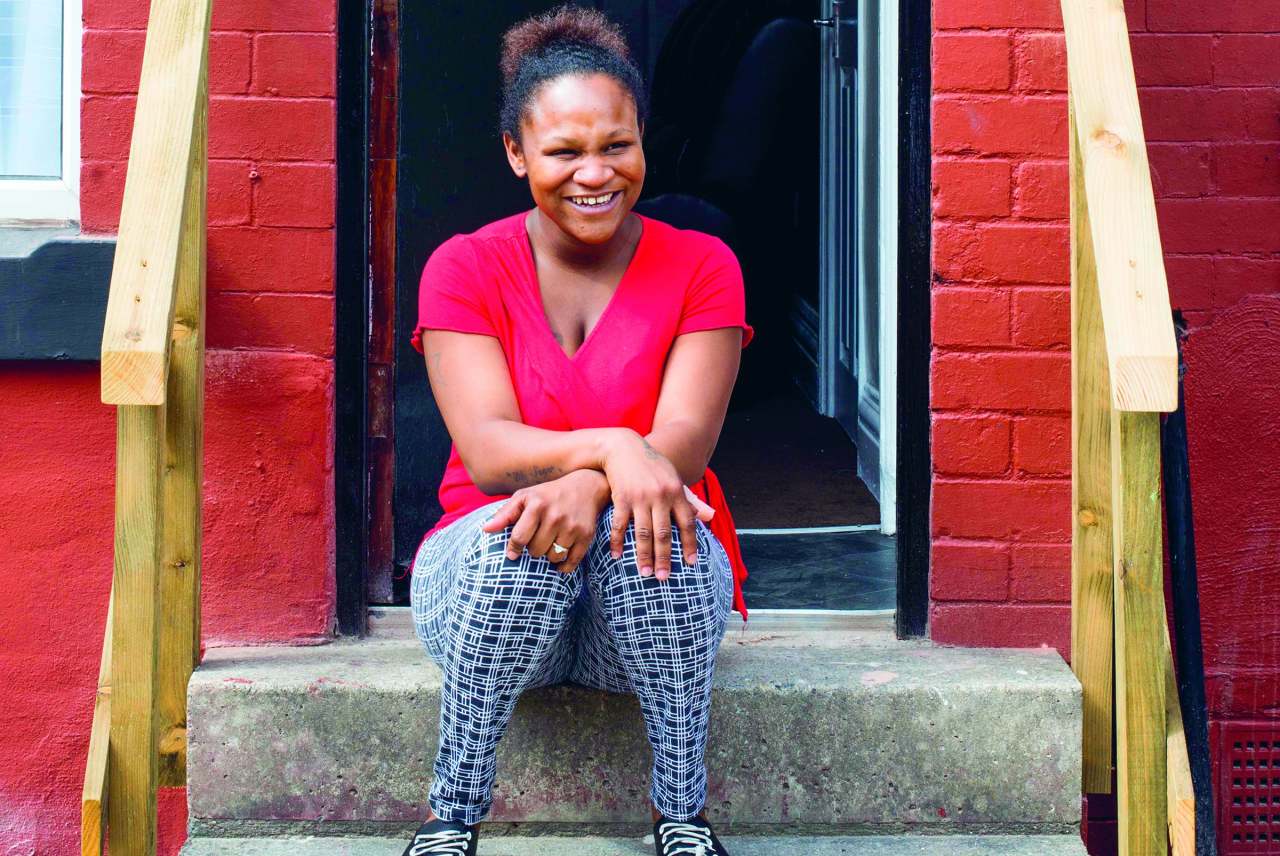A pioneering housing development being planned for Merseyside is aiming to tackle two of the biggest issues now facing the UK: the crippling housing crisis and the deepening climate emergency.
We've mentioned Liverpool Community Homes in the past, a project being funded by Abundance, the ethical investment platform. It is looking for private investors to help it raise almost £7 million to get the development up and running.
The development consists of 37 badly-needed affordable rental homes that will be offered to households on local authority waiting lists.
Abundance more commonly works on renewable energy projects, but the current desperate shortage of affordable housing right across the UK has prompted it to move into the social housing sector.
According to the housing charity Shelter, over one million households are on the waiting list for new social housing, homes which haven’t even been built yet, with the result that invariably people are being forced to turn to the notoriously dodgy private rental market.
Green homes
Whilst the Liverpool development will provide much-needed affordable rental homes, what makes this project so interesting is that by working with Octevo, a specialist affordable housing developer, Abundance has come up with a revolutionary new financial model that allows the latest green technologies to be incorporated into affordable homes.
By including everything from ground source heat pumps and solar panels to energy efficiency improvements, each home’s energy use will be cut by up to 93 per cent compared with the UK’s average.
This will slash both the homes’ carbon emissions and energy bills, thereby saving low-income households around £1,200 a year.
Bruce Davis, joint Managing Director of Abundance explained,
“It’s Octevo’s strategy of building homes specifically for the longterm rental market that makes this development possible.
Rather than focussing on the shortterm gains typical of other housing developers, the social rental model provides secure long-term cash flows which also allows investment in low-carbon measures by spreading the up-front costs over a longer period of time.
This approach, combined with the funding provided by Abundance investors, creates a unique, sustainable model for building the greener, affordable homes the UK needs for the future. ”
Abundance has already raised finance for two previous social housing developments in the Liverpool area.








